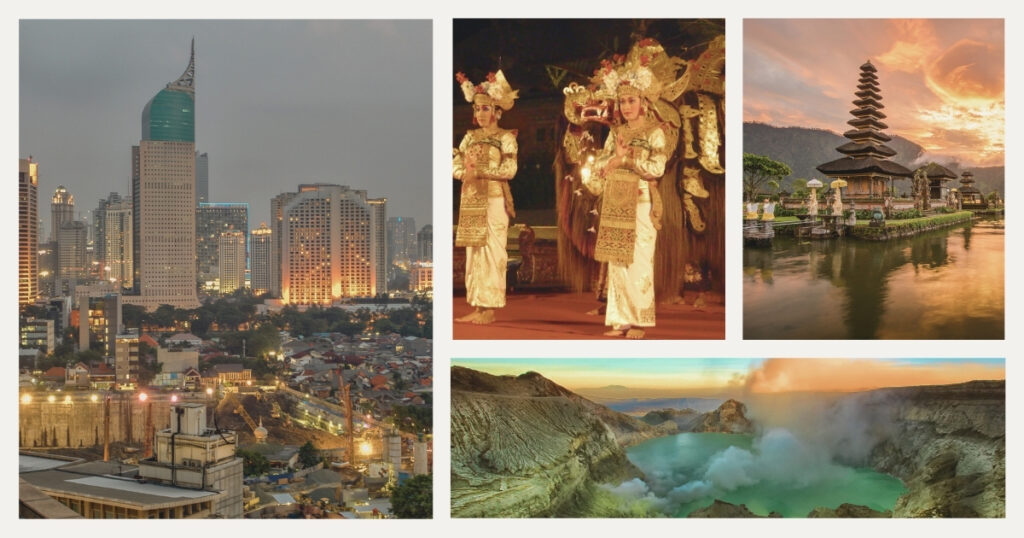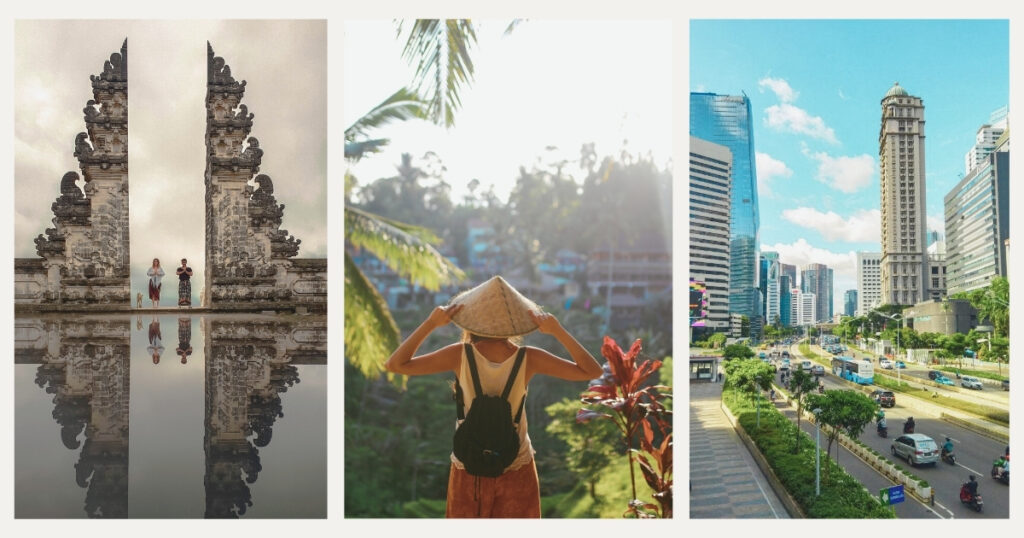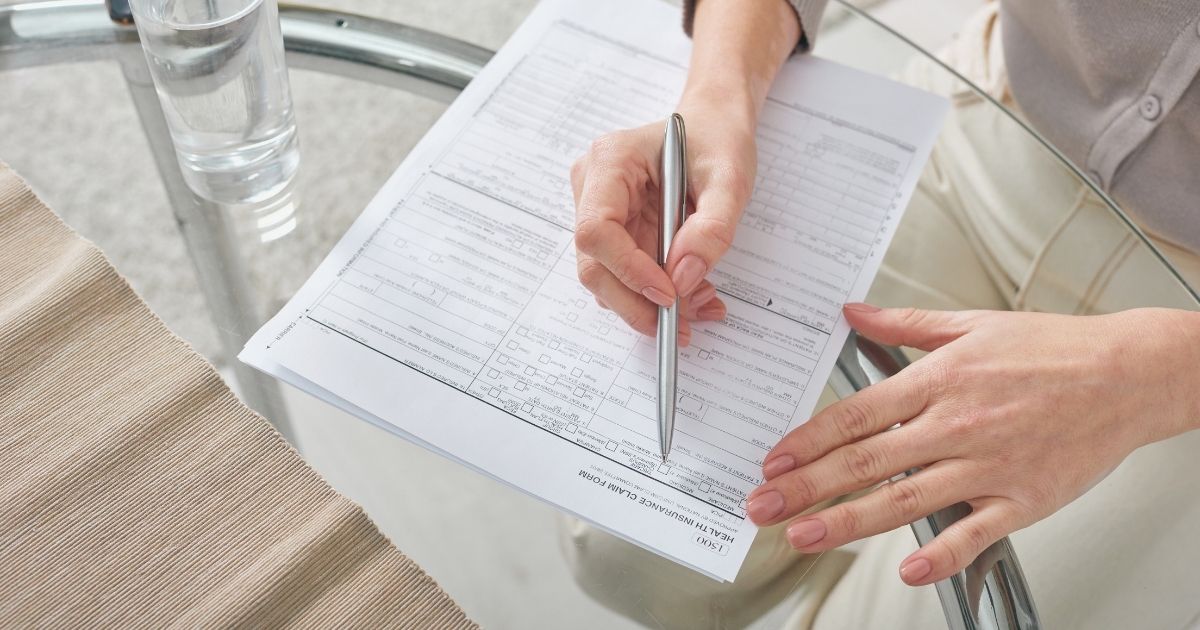Indonesia is a paradise for digital nomads, with its stunning beaches, dynamic cities, and affordable living costs. Whether you’re diving in Raja Ampat, exploring Jakarta, or soaking up Bali’s serene vibe, travel insurance in Indonesia is your safety net for unexpected situations. From medical emergencies to trip cancellations, the right policy ensures your time in this beautiful country is stress-free.
This guide explores why travel insurance is essential, what it covers, and how to find the perfect plan for your Indonesian adventure.
Why travel insurance is essential for Indonesia

Indonesia offers incredible experiences, but it also comes with risks that travel insurance can help mitigate. Healthcare access varies, with high-quality services often limited to private hospitals in urban centers like Jakarta or Bali. Without insurance, medical expenses can quickly spiral, especially for emergencies or specialist care.
Natural disaster protection
The country’s geography plays a significant role in risk assessment. Natural disasters like earthquakes, volcanic eruptions, and tsunamis are not uncommon across the archipelago. Travel insurance covers disruptions caused by these events, ensuring you can recover costs for canceled flights or accommodations.
Indonesia’s position on the “Ring of Fire” means different regions face varying levels of natural disaster risk. Bali and Lombok have active volcanoes like Mount Agung and Mount Rinjani, while Sumatra is prone to earthquakes and tsunamis.
💡 Did you know? Indonesia has approximately 127 active volcanoes, more than any other country. Different insurance providers have varying definitions of what constitutes a “foreseeable” volcanic event, so it’s worth clarifying this before selecting a policy.
Adventure activity coverage
For adventurous nomads, activities like surfing, diving, and hiking are big draws in Indonesia. However, these come with their own risks. Many travel insurance policies offer optional coverage for extreme sports, ensuring that injuries or accidents won’t leave you with hefty bills.
When selecting a policy, pay close attention to which activities are included in standard coverage and which require additional premium payments. Some basic plans exclude even common activities like scooter riding or snorkeling.
💡 Pro tip: if you’re venturing to remote islands, make sure your health insurance policy includes emergency evacuation. Helicopter or boat evacuations to the nearest medical facility can cost thousands of dollars without insurance.
What does travel insurance in Indonesia cover?

Travel insurance plans are designed to provide comprehensive protection for a variety of scenarios. Understanding the core components helps you select appropriate coverage for your Indonesian adventure.
1. Medical coverage essentials
Most international policies include coverage for medical emergencies, ensuring you’re not out-of-pocket for hospital stays, doctor consultations, or even emergency surgeries. Quality healthcare in Indonesia can be expensive, with private hospitals in Bali and Jakarta charging international rates that quickly accumulate.
The quality of healthcare varies dramatically across Indonesia. While major tourist destinations offer adequate facilities, remote areas may have limited options, making evacuation coverage particularly important for digital nomads exploring off-the-beaten-path locations.
2. Trip disruption protection
Travel insurance typically covers trip cancellations, delays, and interruptions due to unforeseen circumstances. If you miss a flight because of a delayed connection, the right policy can reimburse your costs. For those bringing valuable gear, like laptops or cameras, lost or stolen belongings coverage offers peace of mind.
🌟 Pro tip: ensure seamless connectivity throughout Indonesia with Holafly’s eSIM. With instant activation and dedicated data plans, an eSIM provides reliable internet access even in remote locations, allowing you to quickly contact your insurance provider in emergencies without worrying about finding local SIM cards.
💡 Did you know? Some Indonesian visas, such as the B211A Visa, require proof of travel insurance with minimum medical coverage. Always check visa requirements before your trip.
How to choose the best travel insurance plan for Indonesia

Selecting the right travel insurance in Indonesia depends on your needs and travel plans. The perfect policy balances comprehensive coverage with reasonable cost.
Long-term stay considerations
If you’re staying for an extended period, look for a policy with long-term coverage and renewable options. Plans that cover pre-existing medical conditions are also a good idea if applicable. Digital nomads often need flexibility that standard tourist policies don’t provide.
For those planning to work from multiple Indonesian islands, ensure your coverage extends to all regions you plan to visit, as some budget policies may have geographical restrictions even within Indonesia.
Coverage for remote work equipment
For digital nomads engaging in water sports or trekking, ensure your policy includes adventure activity coverage. Another essential is emergency evacuation and repatriation, particularly if you plan to visit remote areas where access to medical care is limited.
Standard travel insurance often provides limited coverage for electronic devices, with many policies capping reimbursement at $500-1,000 per item. For digital nomads carrying equipment worth thousands of dollars, consider specialized “digital nomad insurance” that offers higher coverage limits for tech equipment.
💡 Pro tip: look for insurance providers that include telemedicine services. With telehealth, you can consult a doctor remotely for minor issues, saving you a trip to the clinic.
Costs of travel insurance in Indonesia
Travel insurance is generally affordable, with short-term plans for a week-long trip costing between $20 and $50 USD. For long-term stays, monthly plans range from $50 to $150 USD depending on the level of coverage. Optional add-ons, such as extreme sports or high-value item protection, may increase premiums slightly but are worth it for the peace of mind they provide.
Budget vs. premium options
Annual travel insurance plans are another option for frequent travelers, offering better value than single-trip policies. When comparing costs, ensure you’re not sacrificing essential coverage for a lower price.
Premium policies often include benefits particularly valuable to digital nomads, such as coverage for work equipment, more comprehensive evacuation benefits, and better support services for dealing with claims while abroad.
Seasonal price variations
Insurance costs may vary depending on when you visit Indonesia. Policies purchased during Indonesia’s wet season (October to April) sometimes cost more due to increased risks of flooding and transport disruptions, particularly for areas like Bali and Java.
During peak tourism seasons, particularly July-August and December-January, insurance providers may also adjust their pricing due to higher demand and increased claim likelihood from crowded tourist activities.
Tips for using your travel insurance

Making the most of your travel insurance in Indonesia means being prepared and knowing how to handle unexpected situations. Follow these key tips to ensure smooth claims and hassle-free coverage:
Before an incident occurs
- Keep essential documents handy: save copies of your policy details, emergency contact numbers, and receipts both digitally and in print for easy access.
- Understand your coverage limits: be aware of exclusions and claim limits, especially for activities like diving, trekking, or motorbike rentals, which may require additional coverage.
- Download your insurer’s app: many providers offer mobile applications that simplify the claims process and provide instant access to emergency assistance services.
Handling claims effectively
- Report incidents immediately: notify your insurance provider as soon as an issue arises. Most insurers have 24/7 assistance hotlines to guide you through the claims process.
- Contact your insurer before treatment: for non-urgent medical care, call your provider first to find an approved hospital that accepts direct billing. This can prevent out-of-pocket expenses.
- Retain all medical records: keep bills, prescriptions, and doctor’s reports, as they are required when filing a claim for medical expenses.
💡 Did you know? Many claims are delayed because travelers fail to provide proper documentation. Always ask for detailed receipts and reports to avoid complications.
Ready to travel safely in Indonesia?
Securing travel insurance in Indonesia is the first step to a worry-free adventure. Whether you’re working remotely in Ubud, exploring Komodo’s islands, or simply soaking in the vibrant culture, having the right coverage ensures you’re prepared for the unexpected.
🌍 Start your journey with confidence! Visit Nomada for more travel tips and resources tailored to digital nomads.
Frequently asked questions about travel insurance in Indonesia
While not universally mandatory, travel insurance is required for certain visa types and activities in Indonesia. For B211A business visas commonly used by digital nomads, proof of insurance is typically required. Additionally, many adventure activities like diving with reputable operators require participants to show proof of appropriate insurance coverage before participating.
Yes, but coverage typically starts after a waiting period of 48-72 hours when purchased after departure. Pre-existing conditions and ongoing situations (like an already-announced volcanic eruption) won’t be covered. For comprehensive protection, it’s strongly recommended to purchase insurance before departing for Indonesia to avoid these limitations.
Most policies cover trip disruptions caused by natural disasters, but with important limitations. Coverage typically includes accommodation costs during evacuation, emergency transportation, and reimbursement for prepaid activities. However, most policies only cover events that weren’t foreseeable at the time of purchase, which is crucial for Indonesia’s active volcanoes.
Travel insurance can help with replacement costs and provide assistance with the complex replacement process. Your policy will typically reimburse expenses including transportation to the nearest embassy, expedited processing fees, and accommodation while waiting for your replacement document. Some policies also offer emergency assistance services that guide you through the replacement process.
Many modern policies include COVID-19 coverage for medical expenses and trip interruptions, but coverage varies between providers. Comprehensive policies typically cover testing and treatment if you contract COVID-19 during your trip, quarantine accommodation costs if required by a physician, and medical evacuation if necessary. However, general fear of COVID-19 usually doesn’t qualify as a covered reason for cancellation.
Most basic policies exclude motorcycle accidents in Indonesia, where traffic is chaotic and accident rates are high. If you plan to rent a scooter, look for policies with specific motorcycle coverage. Coverage typically requires you to have a valid motorcycle license from your home country and to wear a helmet at all times. Violations of these conditions can void your coverage entirely.




